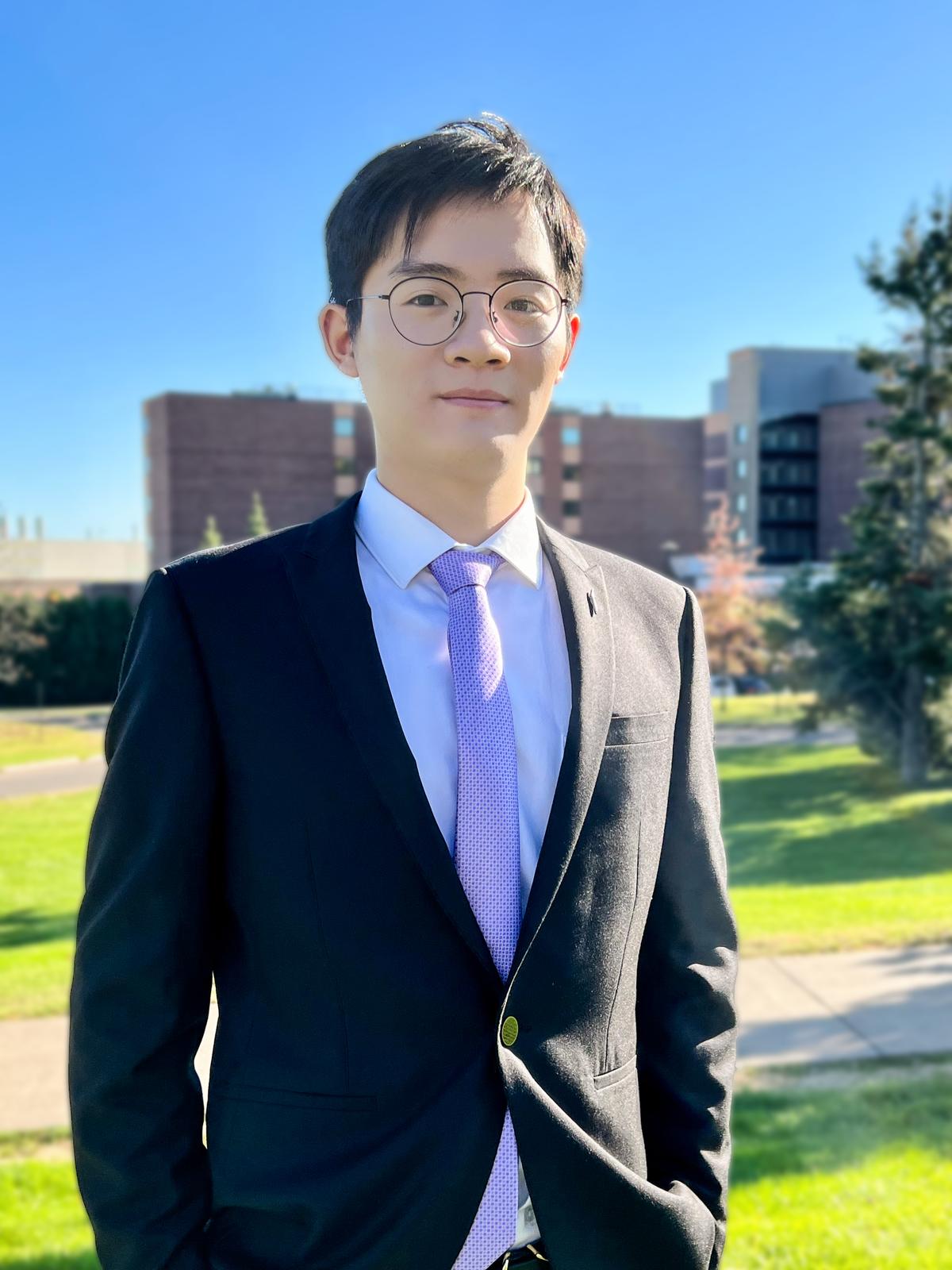How has your experience been preparing for the Regional Economic Indicators Forum? What has been the best part, and what has been the most challenging?
It's an entirely new experience for me to prepare for a presentation for an economic forum. I am grateful for the great help from Monica Haynes, Gina Grensing, and Ben Palmquist from the BBER team.
The best part for me has been converting the massive, disordered datasets into easy-to-understand tables and charts. Although it's a small project, it has helped me see the role of data in understanding and forecasting the patterns of the complex world.
I feel the most challenging part has been making the content of the presentation "user-oriented." It's complicated but crucial to ensure that the audience can easily access every graph, table, and word. I tried hard to tweak all the details to achieve the goal, considering both accuracy and concision.
Have you learned anything interesting about our region while preparing your presentation?
It's interesting to learn that our region is becoming more diverse. While the population of white residents dropped over 3% from the latest U.S. Census Bureau data, all other single-race populations experienced increases from 2010 to 2020.
You've lived in Duluth now for the past two years. What do you like about the area? What is something you don't like?
Duluth is the perfect-sized city for me. It's big enough to have so many beautiful views and great restaurants, while small enough not to feel crowded. I love the lake and hills and enjoy walking around on cool days.
My only criticism of the city is its public transportation system. There are not enough bus stops, and they are not well connected in some places away from downtown. People have to rely on a car for transportation in most cases.
What are your plans after graduation?
I hope to gain a competitive edge professionally by applying for a Master's degree in data science. I believe that this degree will help me deepen my understanding of analytical techniques and upgrade my technical skills. Long-term, I hope to establish myself in the data science field and emerge as an industry leader.
Did your time working at the BBER influence your future career goals in any way?
During my time in BBER as an undergraduate research assistant, I have been exposed to numerous datasets, including data on demographic, socioeconomic, and financial measures. I have been able to experience the full research process of data acquisition, tabulation, visualization, and interpretation. I have also gained valuable opportunities to use different types of professional software, such as EMSI, IMPLAN, and ArcGIS. I see every day in the BBER as a fresh opportunity to learn something new.
The experience has also affirmed my desire to shift my focus to data science. It has motivated me to pursue an advanced degree program to address my knowledge gaps and excel in my career.
What has been your best experience as a student at UMD?
I believe a great university is made of great professors rather than great buildings. All the professors I have met at UMD are passionate, amiable, and always willing to offer help—either in your studies or life. They come from various areas and cultures, providing a diversity of experiences and viewpoints. Some native professors have helped me get familiar with the local culture, while some foreign professors have shared their feelings and experiences as former international students. I have had three busy but wonderful semesters with them at UMD.
What are you most looking forward to when you return home to China in January?
I’m most looking forward to reuniting with my family, sitting around the same table, and eating my mother's cooking.
To register for the upcoming REIF event and hear Daniel's presentation click here.
